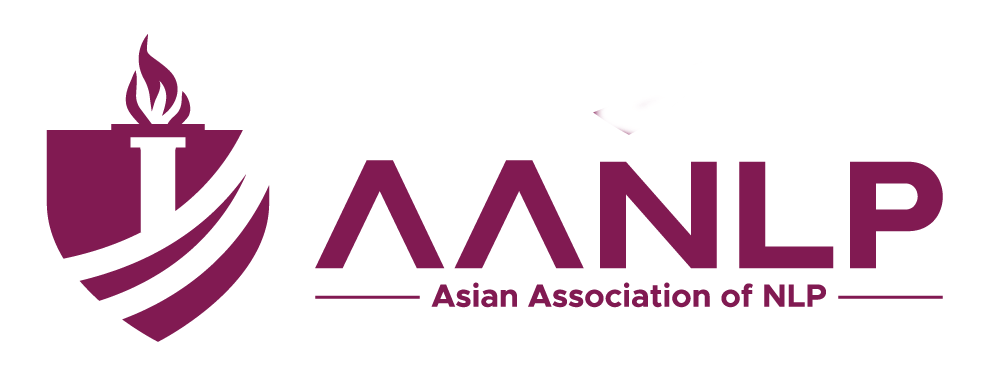10 Qualities of a Great Coach

(Banner image Designed by Freepik)
Many people have recently moved towards ‘Life Coaching as a Career.’
Here are the qualities required to be a Successful Coach.
- Empathy – Coaching isn’t a career for somebody who is Apathetic. Unless you understand what your Client is assuming and feeling, you won’t be able to help your Client achieve the goals.
- Non-Judgemental – You might have different perspectives and opinions than your Client. However, we all have our own realities. A good Coach is never judgmental and respects the Client’s world model.
- Positive Attitude – This profession isn’t just about being competent but also about maintaining a positive attitude toward the Client. A good Coach will always inspire and make the Client believe in the outcome.
- Great Observer – Coaching requires one to be a great observer. It’s not only about verbal language but also non-verbal cues. Right from the learning styles, eye patterns, physiology, and behavior, each and everything matters.
- Excellent listener – During a coaching session, a Coach cannot afford to miss out on details. Therefore, it is essential to be an excellent listener.
- Clear Communicator – The meaning of communication is the response you get. Therefore, it is not the Client’s fault if they don’t understand something you are saying to them. However, as the communicator, it is your responsibility to find different ways to help your Client know what you mean.
- Asking the Right Questions – Your ability to ask questions to your clients helps them access their subconscious minds and understand their own emotions. Therefore, a Coach should be aware of different questioning techniques that bring out the Client’s curiosity.
- Responsible – Coaching is a noble career that requires you to be responsible and committed to your Client’s well-being. You are dealing with human minds and behaviors. Hence, you need to stick to your commitments.
- Honesty – Your relationship with your Client is based on Trust. Therefore, make sure you don’t lie or manipulate your Client for personal benefit. Your integrity means doing the right thing even if no one is watching.
- Non-Opinionated – Your role as a Coach is not to give suggestions, your opinion, or advice to your Client. Instead, your job is to help find the best solution from his/her model and ensure the Client reaches there.

